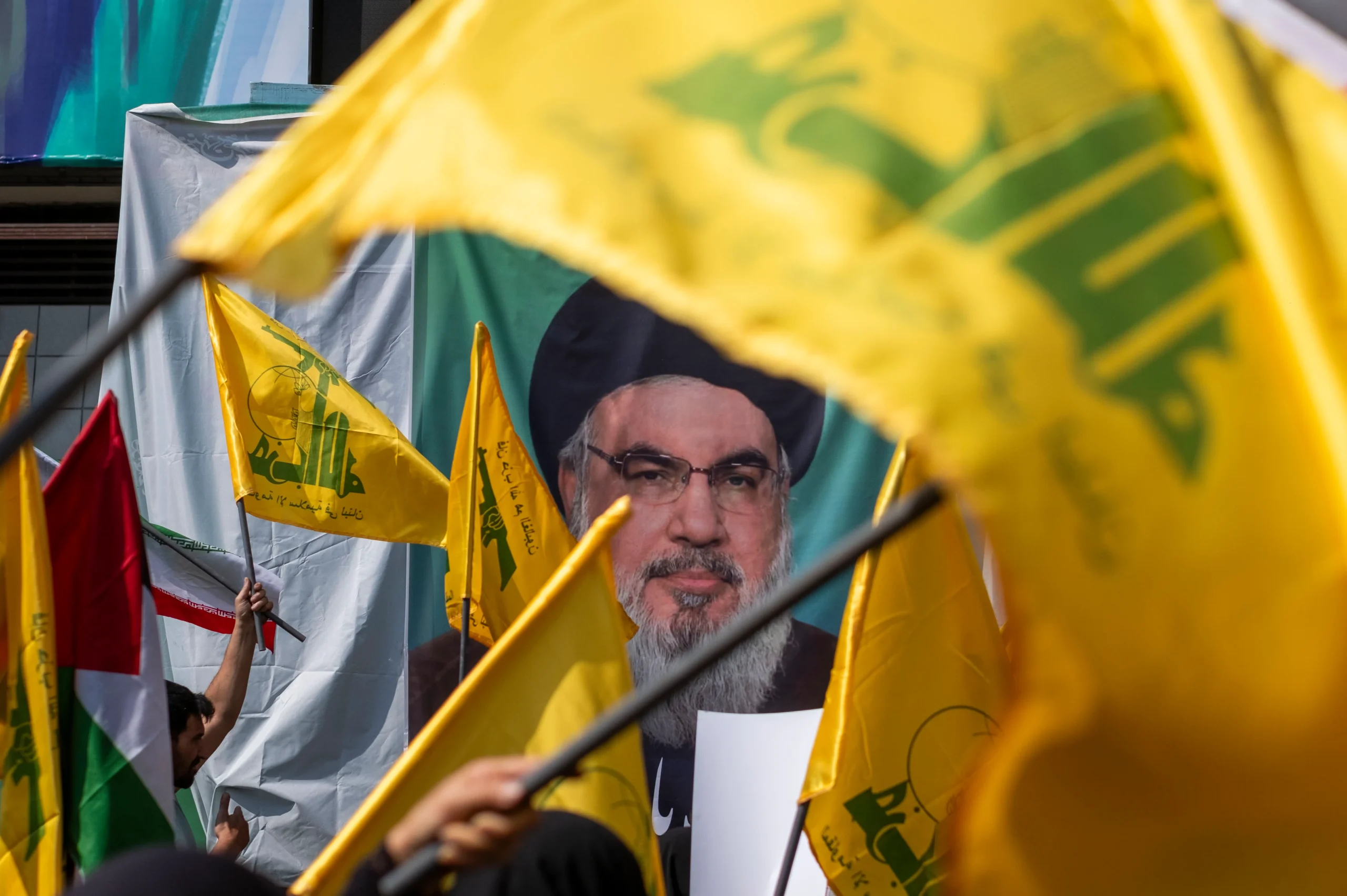Washington urges restraint while making clear that new attacks could follow if Tehran rejects nuclear diplomacy
Following a large-scale military operation by Israel targeting Iranian infrastructure, the U.S. government has publicly stated it was not involved. Officials emphasized that while American troops in the region remain a priority, the strikes were carried out independently by Israel, which reportedly acted in self-defense.
According to a White House statement, Israel informed Washington in advance but made the final decision on its own. “We are not involved in military operations against Iran,” said Secretary of State Marco Rubio. “Our foremost concern is the safety of U.S. personnel and interests across the Middle East. Let me be clear: Iran must not target Americans in the region.”
This message was shared via official channels shortly after the Israeli operation began. Later that same day, the State Department released an alert warning U.S. citizens in the region to exercise caution due to elevated tensions and complex security conditions.
Questions remain about indirect U.S. involvement
While Washington has denied any direct participation, some observers question the extent of American logistical support. Military analysts have pointed to the use of drones and large-scale aircraft movements, suggesting that such operations may have benefited from aerial refueling or other forms of indirect cooperation.
“Based on what we currently know about the strike logistics,” said U.S. policy expert Sascha Lohmann, “there is no clear evidence of direct involvement by U.S. forces. Still, it’s difficult to completely rule out technical or operational support.”
Reports indicate that Israeli jets struck key nuclear-related sites including the Natanz facility, a critical part of Iran’s uranium enrichment program. Among the fatalities were military leaders and scientists linked to Iran’s nuclear efforts.
Stalled diplomacy and renewed threats
Since April 2025, Washington and Tehran had re-engaged in discussions aimed at restoring a nuclear deal to replace the 2015 agreement that was abandoned in 2018. Those talks, however, have now been thrown into doubt following the attack.
President Donald Trump, who has remained vocal on the subject, reiterated his position that Iran must never acquire nuclear weapons. “We remain open to negotiations,” he said, “but Iran must come to the table in good faith. Otherwise, more severe consequences could follow.”
On his Truth Social platform, Trump was more assertive. He stated that Iran had been given repeated chances to reach an agreement and warned that any refusal could lead to retaliation far more intense than the recent events.
Trump hints at further military consequences
“The United States manufactures the most advanced and lethal defense equipment in the world,” he wrote. “Israel has significant quantities of it—and they know how to use it.” He added that several key Iranian figures who had opposed diplomatic solutions were now “eliminated.”
“This is just the beginning,” Trump concluded, implying that the pressure on Tehran is likely to increase.
U.S. Special Envoy for the Middle East, Steve Witkoff, added that Iran is also capable of causing serious damage to Israeli targets, signaling the risk of further military escalation if tensions remain unresolved.
Uncertain future for nuclear negotiations
The next round of direct U.S.–Iran negotiations was scheduled to take place in Oman this weekend. However, Tehran has cancelled the talks, casting doubt on the future of any diplomatic breakthrough.
Among those reported killed in the airstrikes was Ali Shamkhani, a senior adviser to Iran’s Supreme Leader and a central figure in past nuclear negotiations. Though he had advocated for continuing talks, he also warned that Iran might suspend cooperation with the International Atomic Energy Agency (IAEA) and expel inspectors if its sovereignty was perceived to be under threat.
“With the current level of confrontation, it’s increasingly difficult to see how these talks could move forward,” concluded Lohmann.


